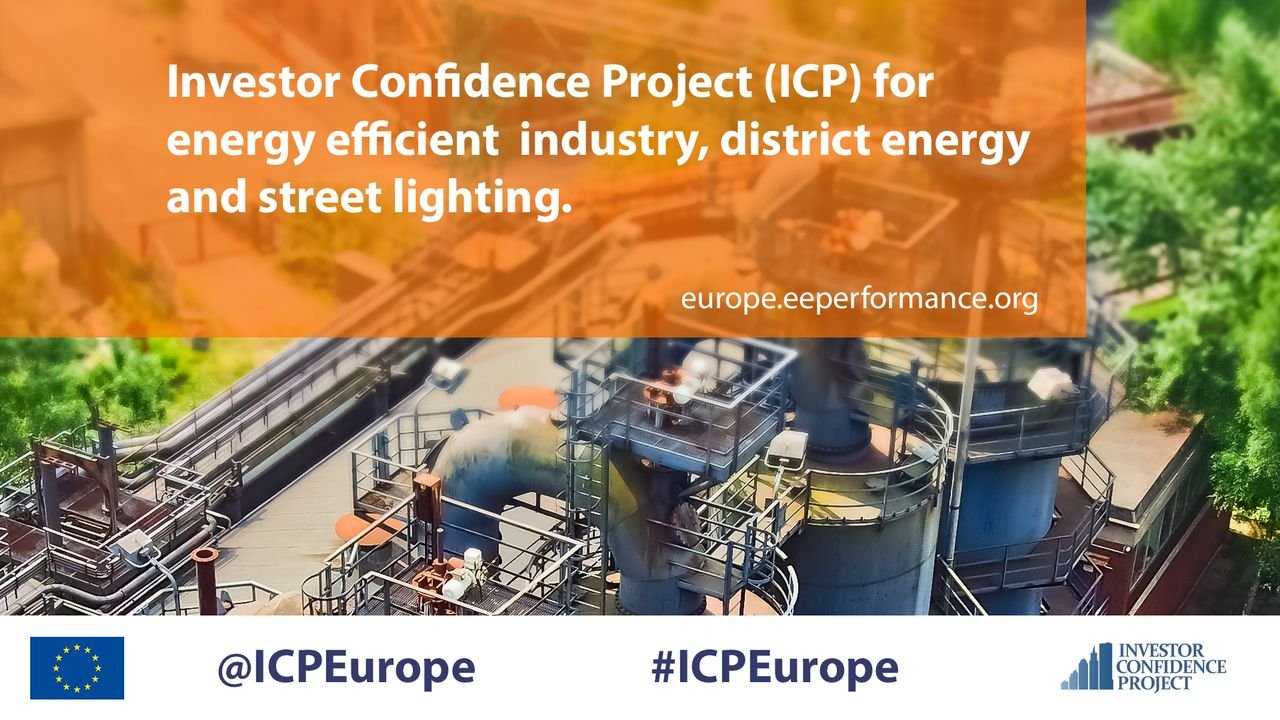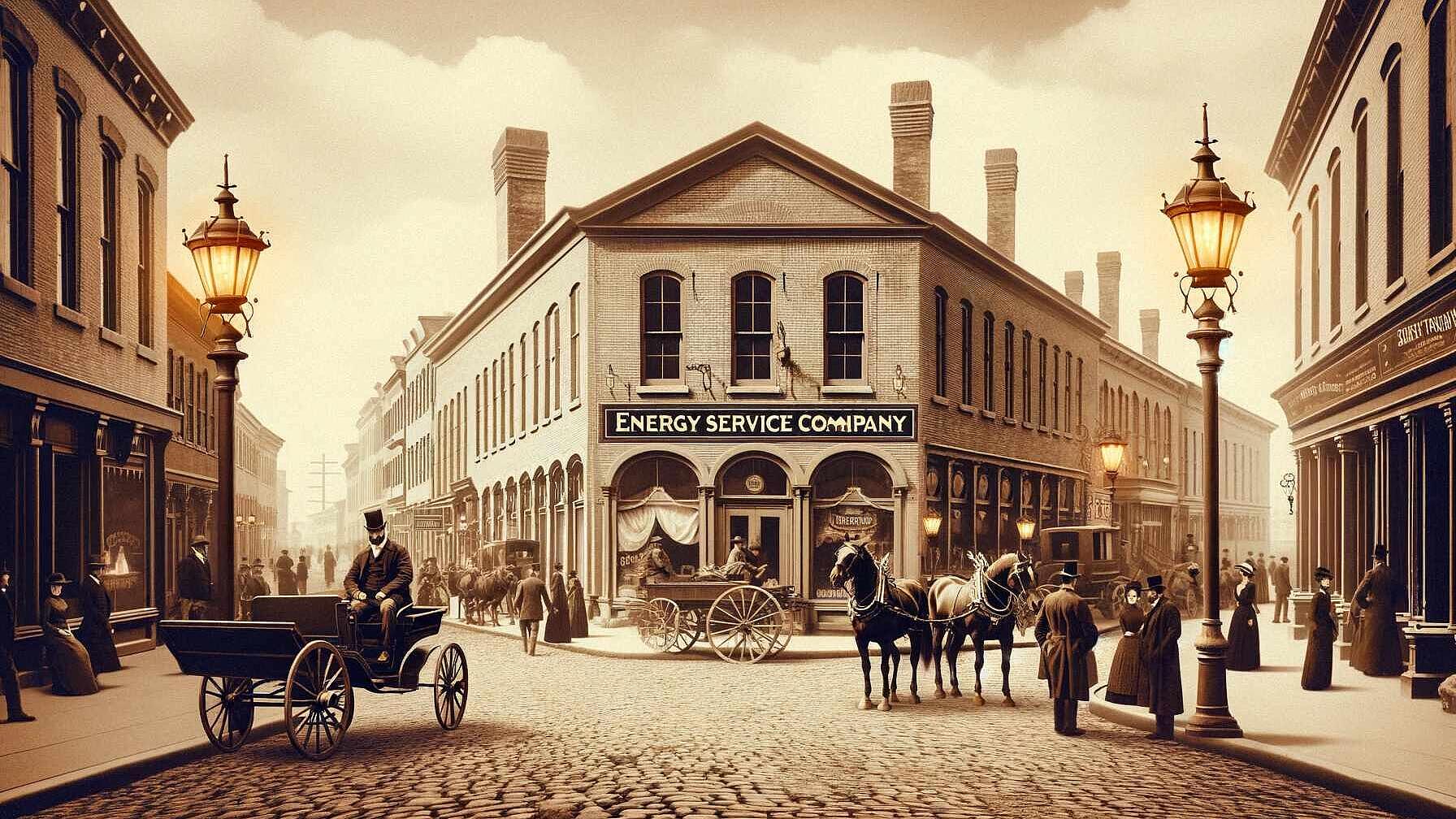 Policy & Regulation
Policy & RegulationIndustry at crossroads - reflections from EEFIG industry event
Summary
European Commission Directorate-General for Energy and United Nations Environment Programme Finance Initiative (EEFIG) held an event in Brussels this week. The event was hosted by the Energy Efficiency Financial Institutions Group. EEFIG provided an open dialogue and work platform for public and private financial institutions, industry representatives and sector experts to identify the barriers to the long-term financing for energy efficiency and propose policy and market solutions to them. For the more than 70 participants, the half-day event had two themes: Recent trends in Financing Industrial Energy Efficiency, Challenges encountered and Solutions to Them and moving Forward - How to Further
How to Further improve the Industrial Energy efficiency, and Make It More Accessible to SMEs. The second theme concerns moving forward. There was no agreement whether companies should share experience on energy efficiency networks well known in countries such as Germany were shown as an important approach for improving transparency. And there was also a good discussion about how to address perceived risk versus real risks.
Open full article
Industry at crossroads - reflections from EEFIG industry event
Industry at a crossroads
A vibrant and highly competitive EU manufacturing sector can provide the resources and many of the solutions for the societal challenges facing the EU, such as climate change, health and the ageing population, and the development of a healthy, safe and secure society and thriving social market economy.
The necessary transition to a more sustainable, inclusive and resource-efficient economy will have to be supported by both horizontal and sectoral policies at all levels and will require strengthened European governance and social dialogue.
From Communication on An Integrated Industrial Policy for the Globalisation Era: Putting Competitiveness and Sustainability at Centre Stage [COM(2010) 614]
Europe has been experimenting with how to unlock the potential of industry so that all European society benefits. One tried and true way is to improve the energy performance of industry. But, energy efficiency is not difficult but it is complicated! And it takes investment in all but the so-called low-hanging fruit.
EEFIG industry event
This week an important event took place in Brussels: industry raised its voice to express the importance of all efforts to promote improvements in their energy performance. Key is in improving the flow of investments.
The event was under the Energy Efficiency Financial Institutions Group (EEFIG), which was established in 2013 by the European Commission Directorate-General for Energy and United Nations Environment Programme Finance Initiative. EEFIG provided an open dialogue and work platform for public and private financial institutions, industry representatives and sector experts to identify the barriers to the long-term financing for energy efficiency and propose policy and market solutions to them. EEFIG covered both the buildings and industry sectors. The meeting this week focused on industry. The meeting was facilitated by the rapporteur of EEFIG, Peter Sweatman of Climate Strategy.
 |
|---|
For the more than 70 participants, the half-day event had two themes:
- “Recent trends in Financing Industrial Energy Efficiency, Challenges encountered and Solutions to Them” and
- “Moving Forward – How to Further Improve the Industrial Energy Efficiency, and Make It More Accessible to SMEs.”
Both of these themes are key to furthering the policy framework for industrial energy efficiency
De-risk investments
The first theme looked at efforts to de-risk investment and there are many good examples. It also considered how to get industry to consider investments in industry efficiency as strategic investments as they do for many of their other investments that increase production.
The next steps
The second theme concerns moving forward. The 2012 EU Energy Efficiency Directive provided many measures to encourage industrial energy efficiency: mandatory audits for large industry, promotion of energy management systems and supporting SMEs. Now, it is a matter of how to ensure cost-effective measures are identified and implemented. Also it is important to know what can be done to encourage private investment in industrial measures. Also, it is
important to have some understanding of what the impact was of the mandatory audits (example: the post from Silvia Zinetti "Energy Audit in SMEs.."). The discussion was robust and it highlighted that it is important for focused discussions on aspects of industrial energy efficiency. This is less common in Brussels than it should be. There was a lot of discussion about the need for transparency: amongst companies to share experience in improving efficiency as well as within companies between management and the technical teams. Importantly, the energy efficiency networks well known in countries such as Germany were shown as an important approach for improving transparency (more about energy efficiency networks here).
There was also a good discussion about how to address “perceived” risk versus “real” risks. Curiously, there was no agreement whether companies should share experience on their energy use in their processes. Is this a competitive issue? No doubt it will be explored more.
There was discussion on the drivers that lead to energy efficiency improvements. Understandably that leads to the role of government at all levels. Again, this discussion will definitely continue.
Importantly, everyone learned something. There were many examples of financial instruments or experience at the factory level that surprised most of us since these were new revelations.
Soon, there will be Chairman’s Conclusions that will be widely distributed to all EU institutions, the wider industrial community and all other stakeholders. This is important for these audiences to hear what the industrial and financial communities are saying.
This meeting was important for Energy Efficiency in Industrial Processes because it validates its call for regular dialogue on industrial energy efficiency. While being a neutral and open, business and policy platform, it is essential that the voice of industry be heard. The low-carbon energy transition is underway and it is important for industry. There is much to discuss.
There is much to do. EEIP is proud to be a member of EEFIG and continue seeking solutions that will unlock financing to ensure more of the cost-effective potential for improvements is achieved. To achieve those ends, EEIP is also a member of a Consortium implementing the EU-funded Investor Confidence Project for Industry, District Energy and Street lighting (more about benefits for project developers here). This project unlocks access to financing by standardising how energy efficiency projects are developed, documented and measured.
EEIP will be continuing to ensure the voice of industry is heard (more about the 130.000 EEIP network). There is much to do to ensure greater sustainability and for industry to play its proper role in Europe’s energy transition. The need for greater dialogue is more important than ever.
Cooperation and support: H2020 Efficient Energy
EEIP is happy to support running EU projects and initiatives. We are also open to join or support consortia preparing an application for projects under H2020 Efficient Energy. Just contact Dusan Jakovljevic
Or meet him during the H2020 Efficient Energy Info Days (23-25 October)
 |
|---|



